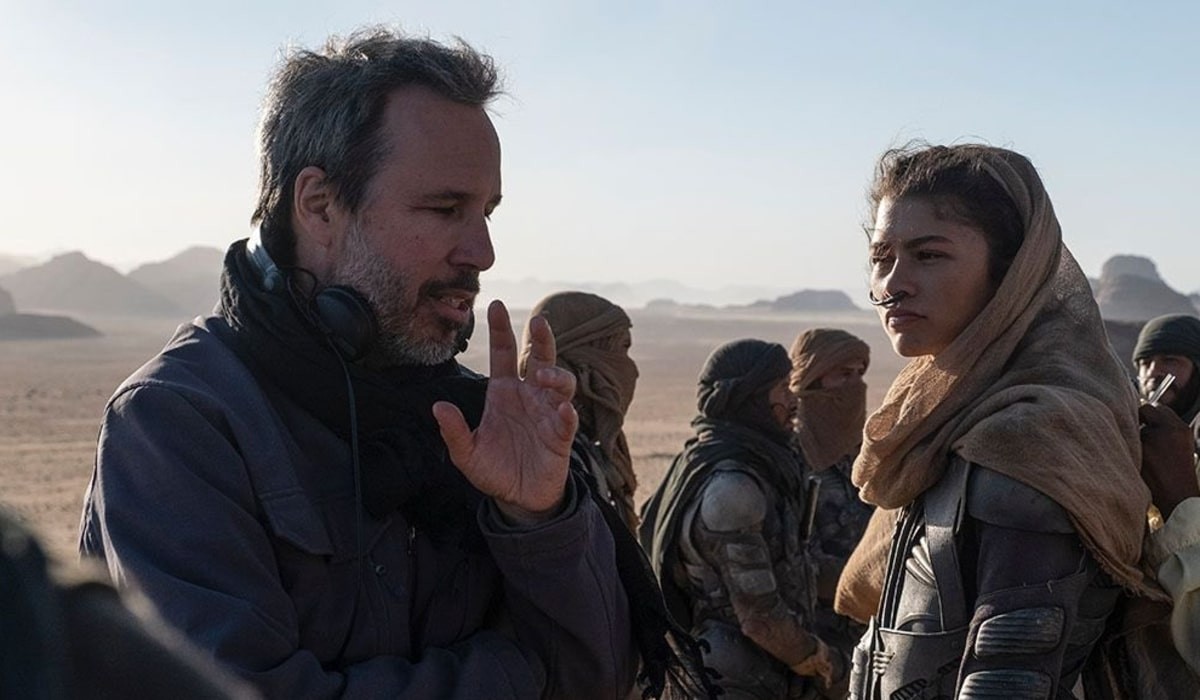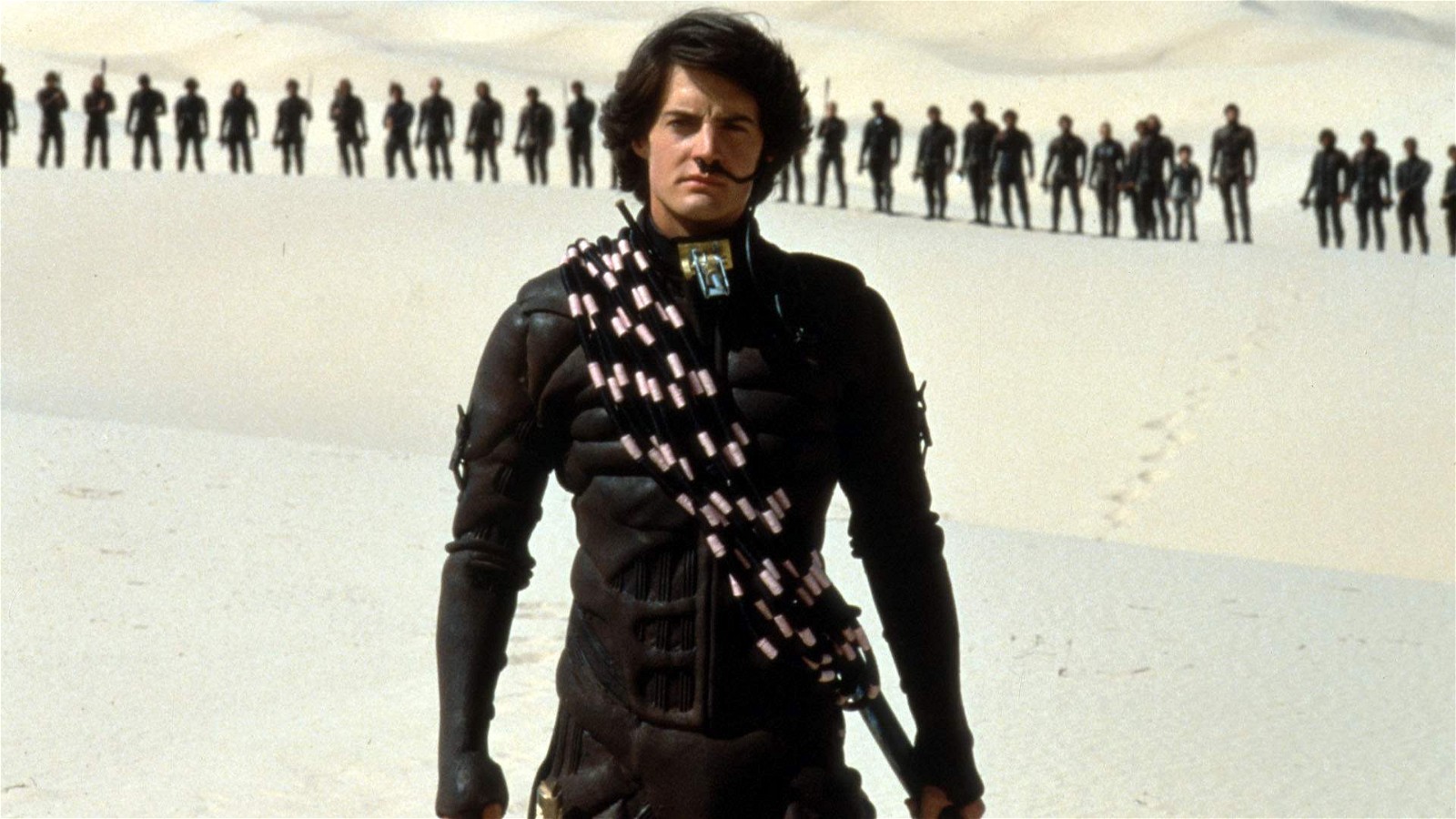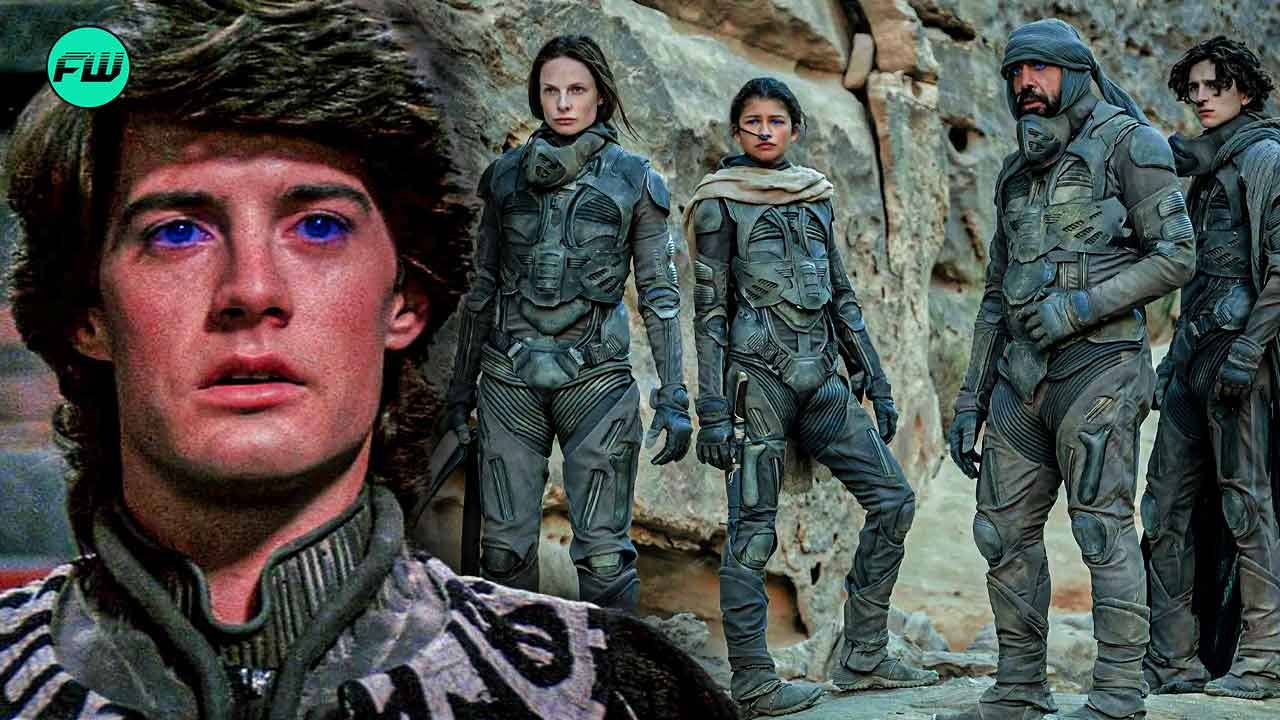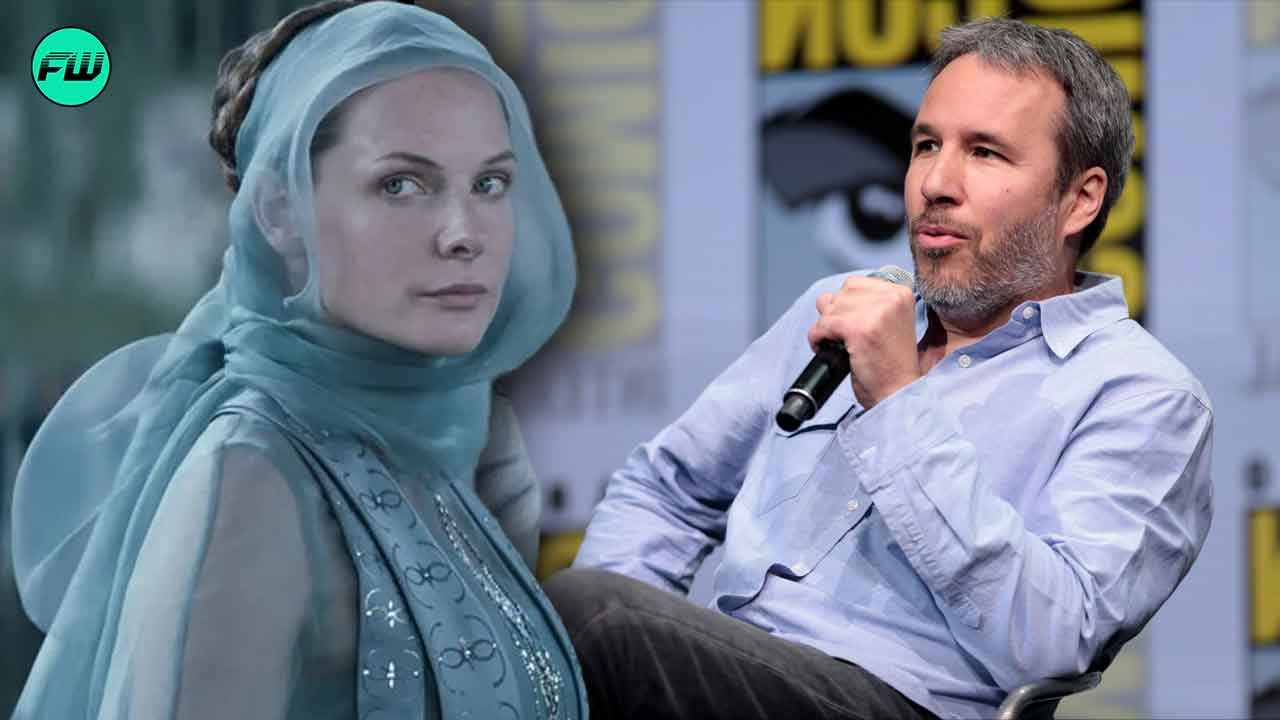Denis Villeneuve’s Dune: Part Two is receiving an overwhelming response from critics and audiences. Villeneuve and Jon Spaihts took months to complete the screenplay of the film, despite it being an adaptation of Frank Herbert’s novel. The director changed several aspects of the novel to make a film that was unlike any versions fans got to see on visual media. It also meant that Villeneuve’s film was miles apart from David Lynch’s version and he has an explanation for it.

The opening numbers of the film are yet to become official, however, tracking sites predicted a domestic debut of $80 million in the U.S. and Canada. Some early reviews called Dune 2 the definitive sci-fi epic of generations.
Denis Villeneuve Explains Why His Dune Film Is Different From David Lynch’s Version

From the role of women to the timeline of the events, Denis Villeneuve‘s adaptation of Dune is miles apart from David Lynch‘s 1984 film. While Lynch went for a lot of color and surreal elements in his film, Villeneuve’s approach had more realism and he wanted the audience to actually believe in his fantasy world. Moreover, Villeneuve put more effort into the screenplay to effectively translate the expositions in the book into dialogues and visual elements.
Denis Villeneuve explained to Den of Greek that he wanted to stay away from fantasy as much as possible with his film. He increased the drama in the story and made people more familiar with the desert world of Arrakis. The Sicario director revealed that he respected David Lynch and his adaptation of Dune novels at a time when the technology available was limited.
However, Villeneuve shared that he had a vision for the novels that was different from Lynch’s. This difference in vision came from the fact that the two were very different directors. According to Villeneuve, they had “different sensibilities” that helped them to appreciate Frank Herbert’s novel from two different emotional perspectives. He further added that he took up Dune just because his vision had not been made on screen. Villeneuve shared with Den of Greek:
“I always had a lot of affection and respect for David Lynch’s adaptation. He’s a master. It’s just that we are, of course, very different directors. We have different sensibilities. I just felt that the dream I had in mind has not been made on screen yet, and that’s why I’ve done it.”
While Denis Villeneuve’s film is being hailed as one of cinema’s best, Lynch’s film ended up developing a cult following. It was a lengthy and challenging process to adapt the book to film in the early 1970s. Several directors including Ridley Scott were unsuccessful in their attempts until Lynch joined in 1981.
The film failed at the box office, collecting only $30.9 million against a budget of $40-42 million. Interestingly, Lynch was not very proud of his film and has largely tried to stay away from it.
What Changes Did Denis Villeneuve Make To His Film Adaptation From The Books?

Denis Villeneuve earlier shared in an interview with Empire that he wanted to “bring more femininity” to Herbert’s story. Villeneuve found the character of Lady Jessica, played by Rebecca Ferguson, fascinating as her one decision to give birth to Paul instead of a girl unfolds the entire story. While the novel tried to limit these strong female characters to traditional female roles, Villeneuve’s story did away with such sexist tropes.
One other powerful female character in the story, Zendaya‘s Chani, was significantly changed in Villeneuve’s film. In the novel, she is Paul’s Fremen ally and later the mother of his children. Moreover, she is also a believer in the messianic figure. However, in Villeneuve’s film, she was part of a group of Fremen who didn’t believe in the messianic figure and the Bene Gesserit idea.
Villeneuve also carefully adapted Herbert’s exposition-heavy finale in the book to the film. The streamlining was a process that took months because he wanted his dialogues to be as economical as possible. Villeneuve succeeded in achieving this with the film, as some of the visuals spoke louder than the dialogues in Dune: Part Two.
Finally, Denis Villeneuve also compressed the timeframe in the film. In the books, the events from Paul’s initiation to the battle with Harkonnens happened over a few years, but the film showed these events happening within a year. According to Villeneuve, this gave Paul’s story some “momentum” and kept him “more on edge” (via Den of Greek).
Timothée Chalamet‘s Dune: Part Two is now running successfully in theaters. Dune is available for streaming on Max.



